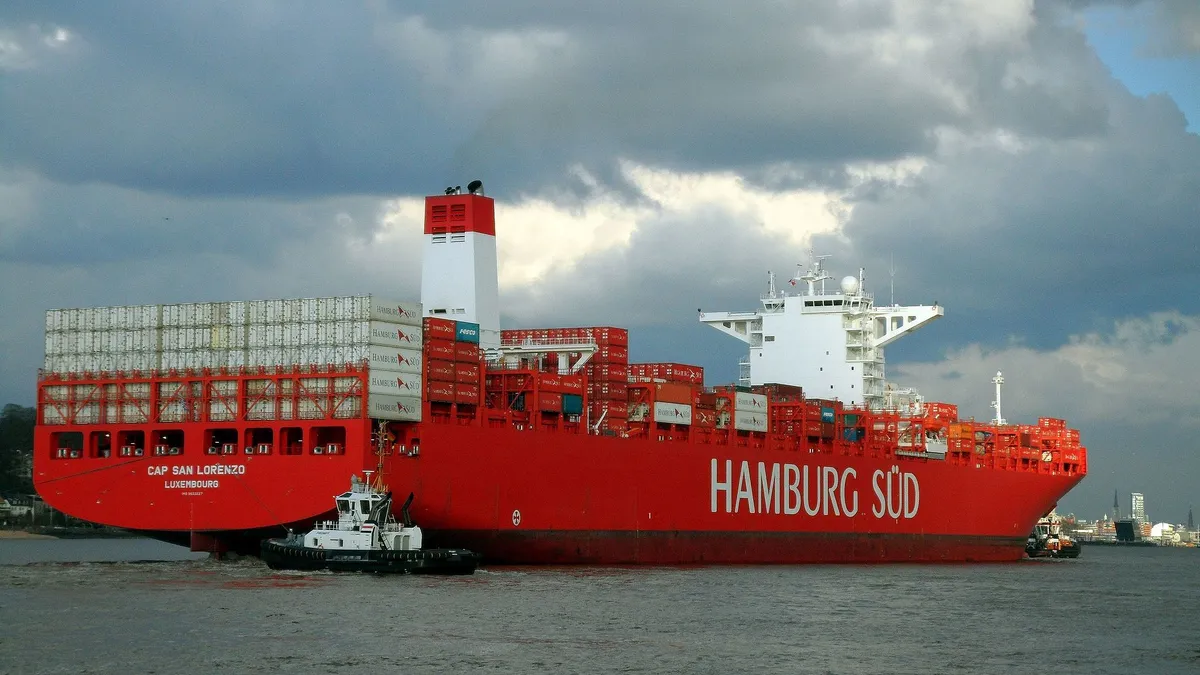Dive Brief:
- The International Maritime Organization (IMO) has struck down a proposal to slow-roll the implementation of lower sulfur standards for ship fuel emissions, according to multiple reports.
- The IMO's Marine Environment Protection Committee refused to add an "experience-building" period to the regulation on the grounds that the request, submitted in August by three trade groups and The Bahamas, Panama, Liberia, and the Marshall Islands — and supported by the Trump administration — was too vague.
- The ban on the use of fuels with more than 0.5% sulfur content will officially go into effect Jan. 1, 2020, and the ban on the carriage of such fuels will begin March 1, 2020, according to Reuters.
Dive Insight:
With today's official adoption of the 2020 implementation of a new standard for sulfur content in marine fuel, the projected consequences of this massive shift in maritime shipping are one step closer to coming true.
A 2017 estimate put the total cost of converting to lower sulfur fuels for the marine shipping industry at $60 billion. Ships not complying with the new rules could be fined or impounded by IMO member states — so it is no wonder markets and adjacent industries are reacting with some anxiety. Neither shipping lines nor refineries have made the changes needed to make for a smooth transition, according to executives and analysts.
The airline industry is increasingly concerned refineries will make less jet fuel in order to cater to the shipping industry, Bloomberg reports. A lack of supply of low-sulfur fuel could be less of a problem if ships install scrubbers to clean their exhaust of sulfur, which is permitted with the IMO rules, but stakeholders are also not optimistic about this solution.
Shipping lines are already planning to pass on some of the pain to shippers as Maersk Line, CMA CGM, Hapag-Lloyd and OOCL have each announced new surcharge mechanisms for 2019.
With the aim to decrease fuel emissions three percentage points by 2020, it follows that changes required from the industry are dramatic and could likewise dramatically raise costs as early as next year for all involved.














